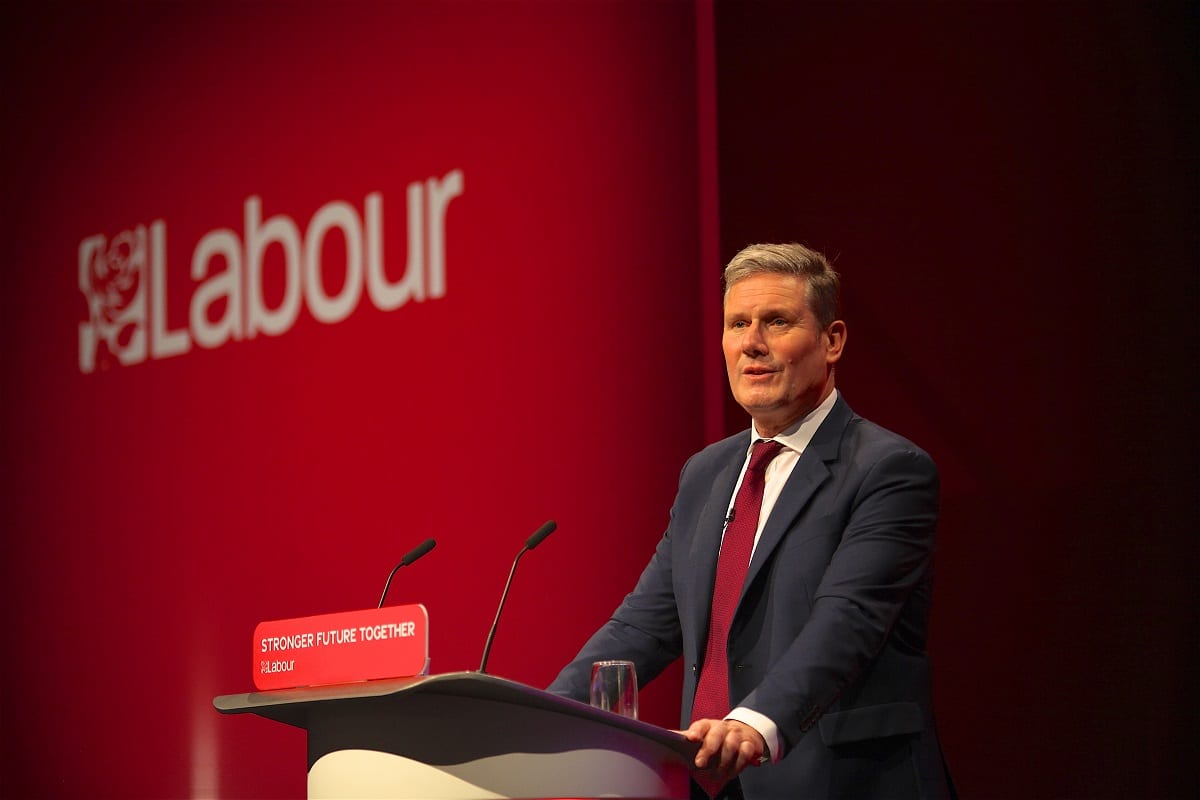Labour appears to be undergoing a strategic metamorphosis, moving away from a “party of protest” to a party recalibrating for governance amidst shifting membership dynamics. Here’s the full story.
Shake Up
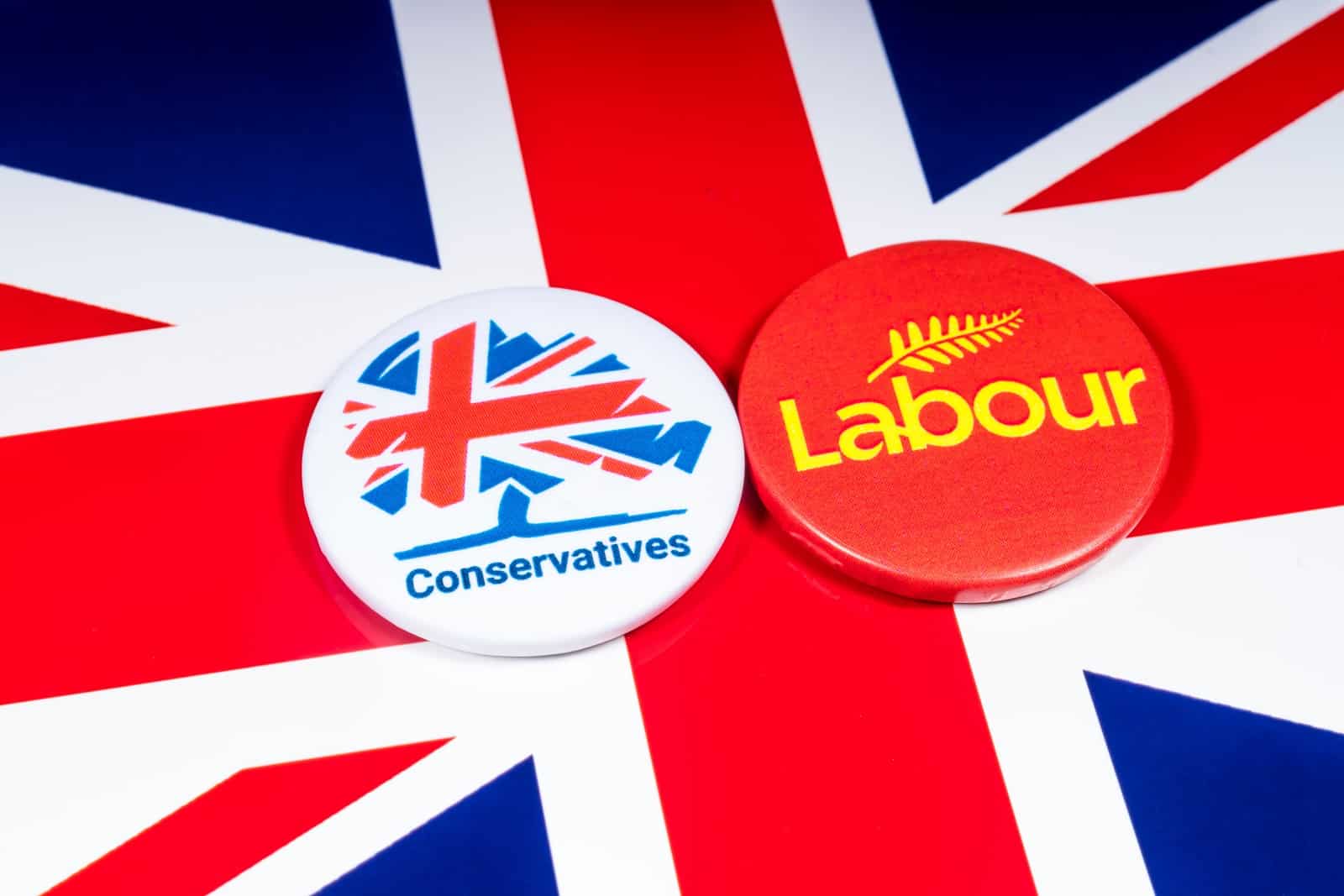
As the Conservative party deals with its internal machinations as the election looms ever larger, Labour, widely predicted to win the election in what may well be a landslide, is undergoing its own shake-up as the party prepares to take power.
Progressive Ideals and Activism
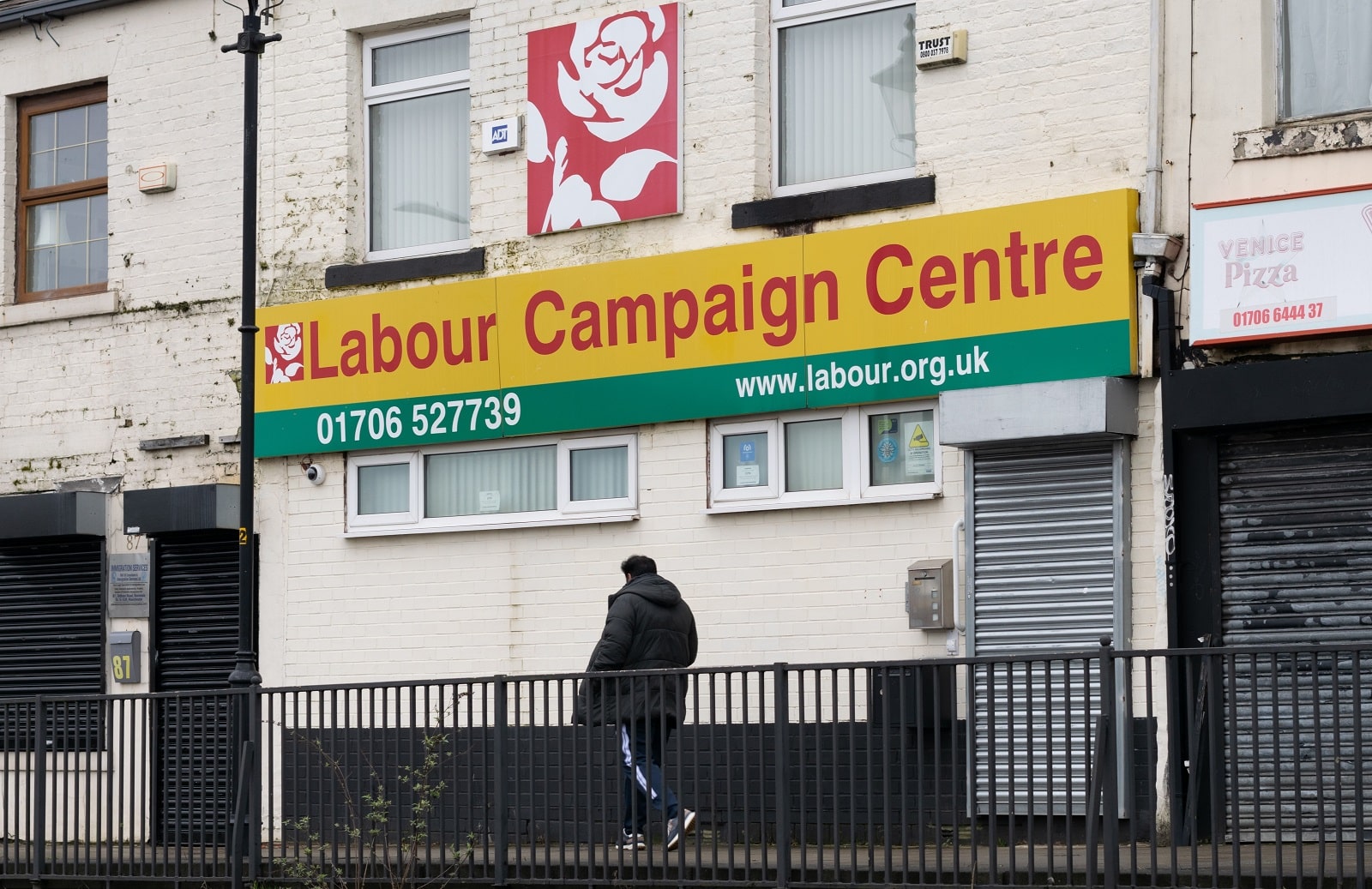
Though Labour has historically been hailed as a party with a long history of progressive ideals and grassroots activism, the lead-up to the election has seen a dramatic shift in its membership dynamics.
Membership Drop
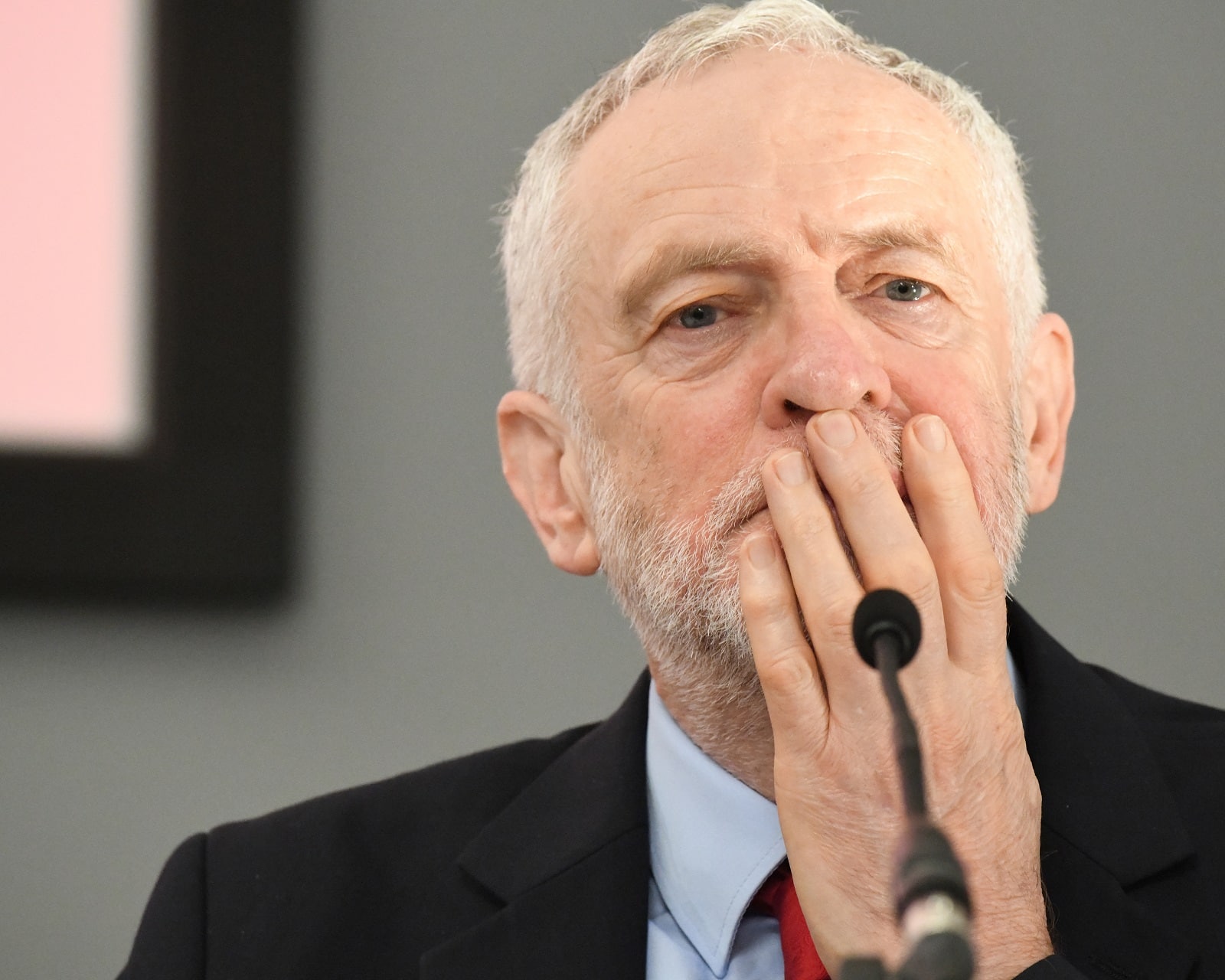
The number of Labour members has dropped significantly from its peak under the leadership of Jeremy Corbyn, 532,000, to approximately 366,600 under the leadership of Keir Starmer.
“Party of Protest”
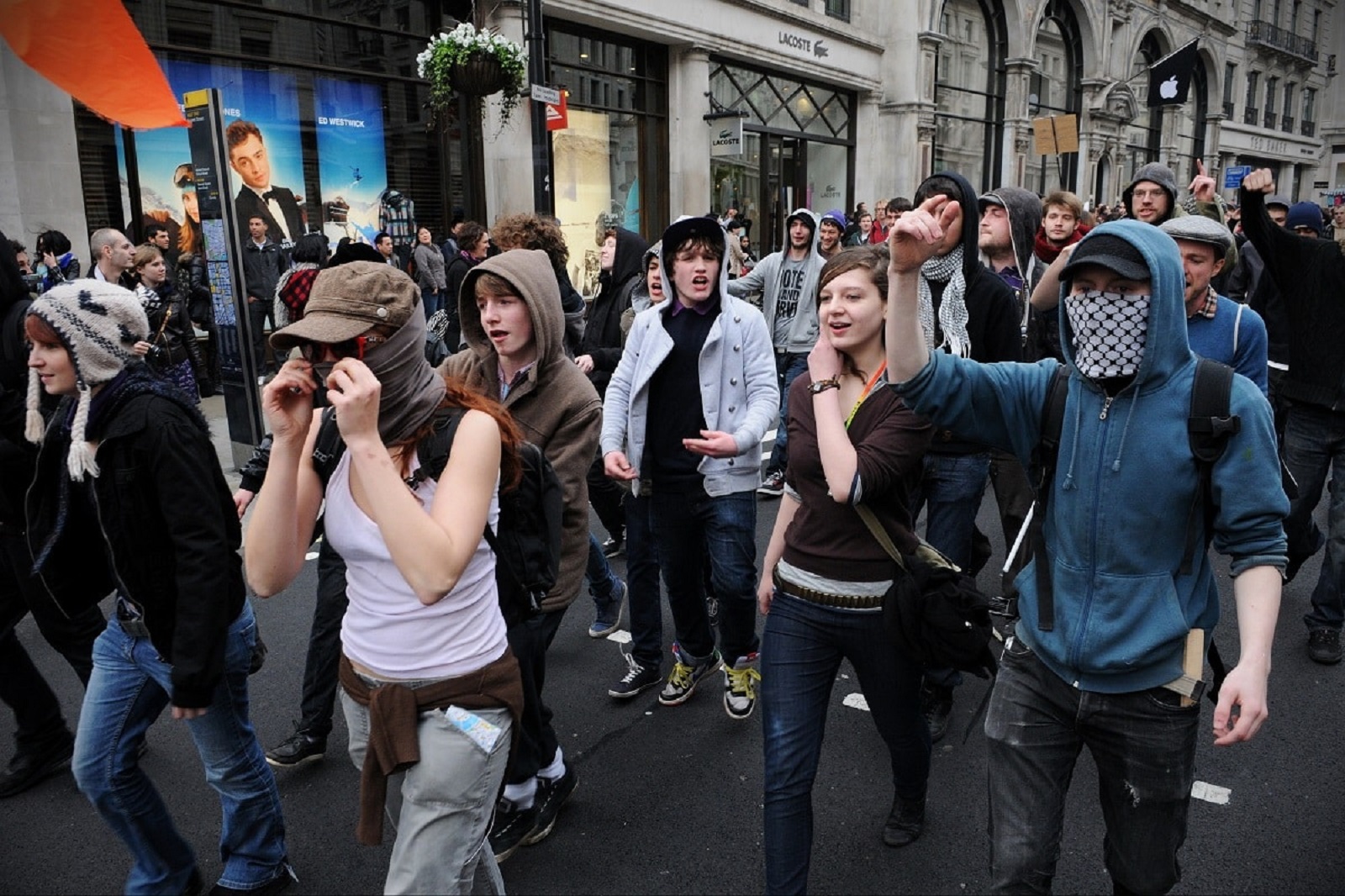
However, Darren Jones, the shadow chief secretary to the Treasury, has argued that “membership numbers of parties go up and down all the time,” and that the change shows that the party is no longer merely a “party of protest,” but instead one prepared to make pragmatic compromises in anticipation of becoming the government.
“Huge Surge in Membership”
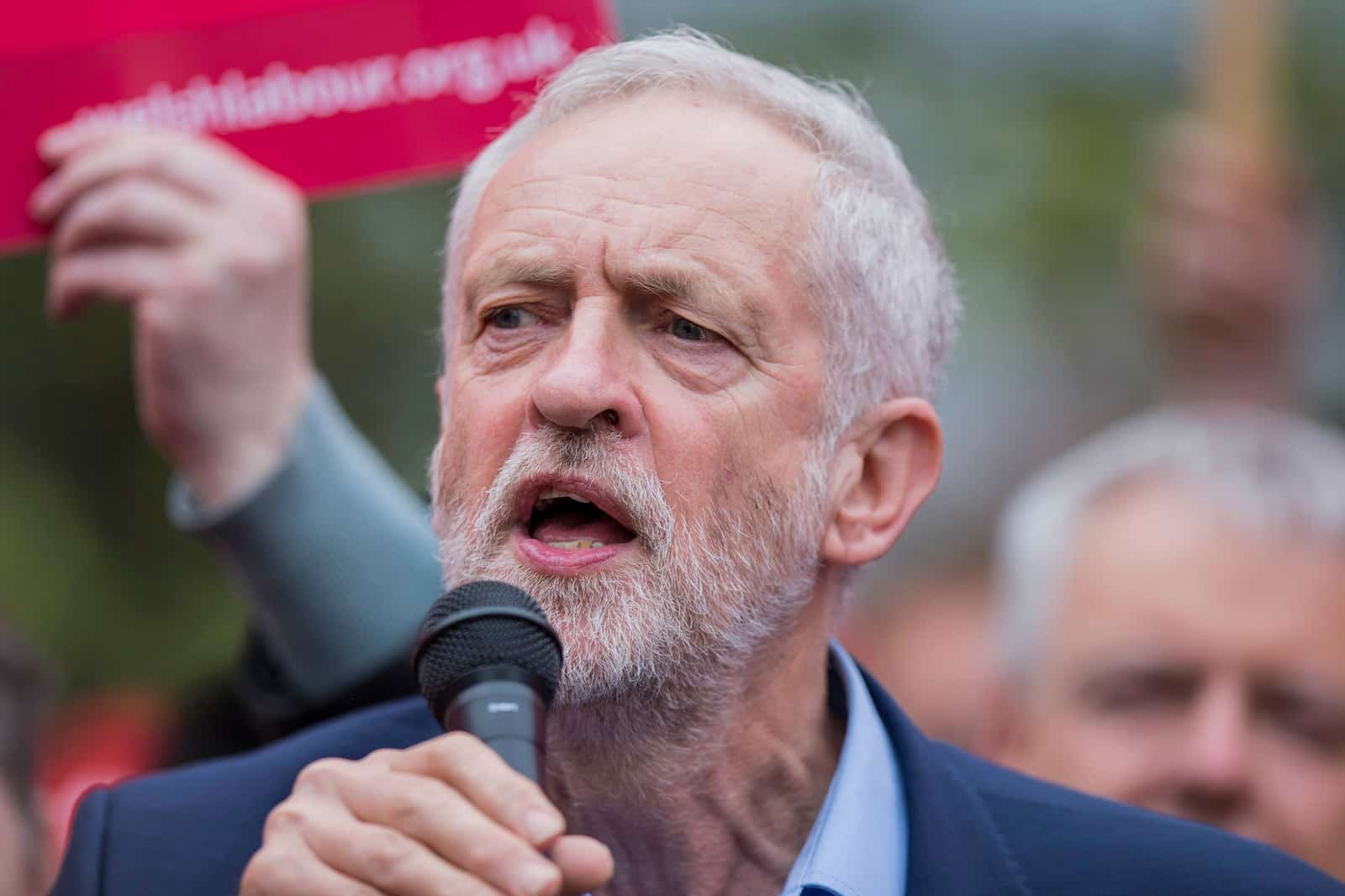
When asked on ITV’s Good Morning Britain about the decline in membership, Jones stated, “There was also a huge surge in membership of the Labour party under Jeremy Corbyn and many Jeremy Corbyn supporters preferred a party of protest as opposed to a party who have had to make difficult decisions around the trade-offs in its preparation for government in the hope that we get to run this country.”
“More Than Any Other Party”
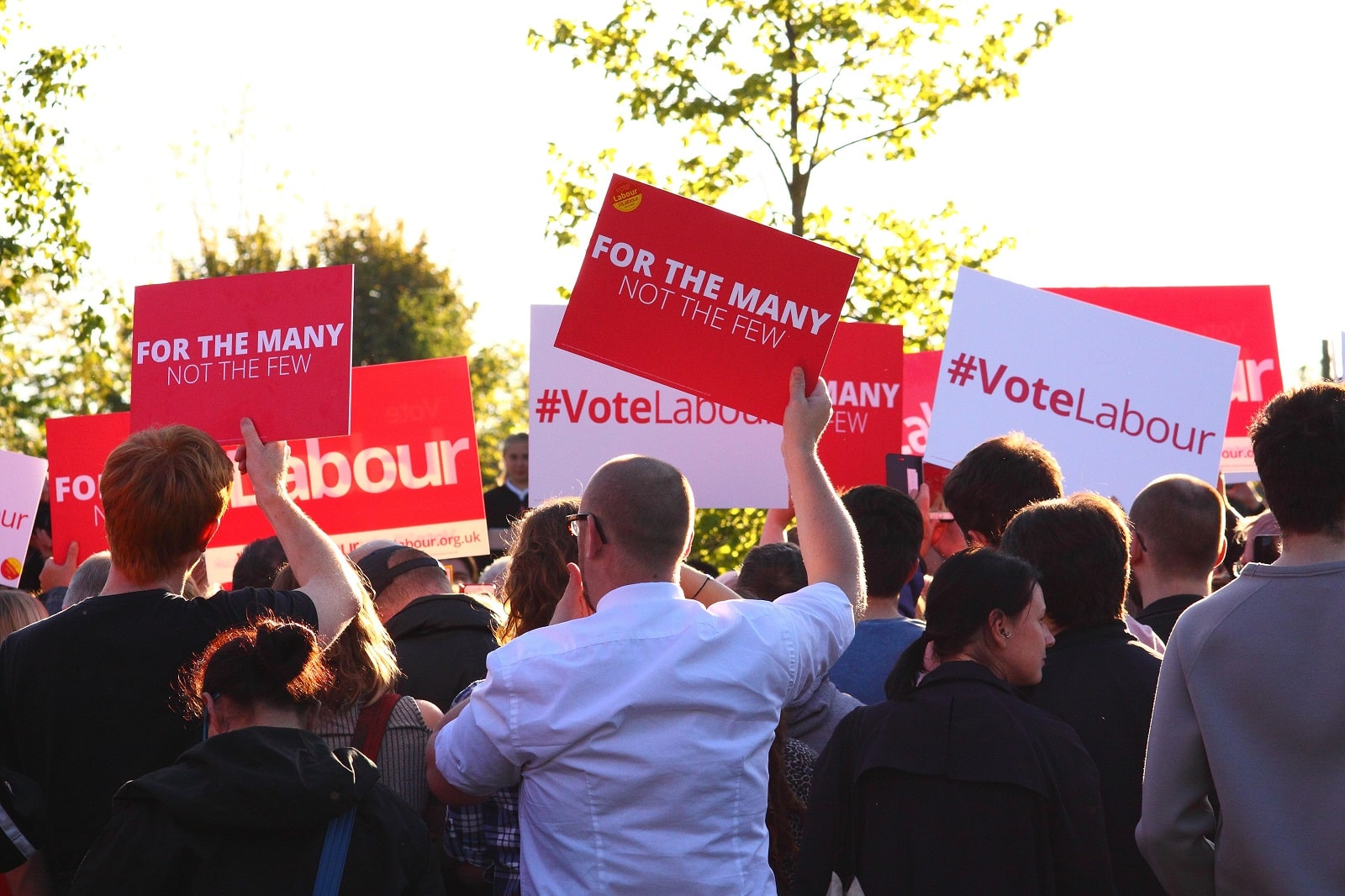
He continued, “We’ve still got plenty of Labour party members across the country, I think more than any other party.”
Contentious Issues
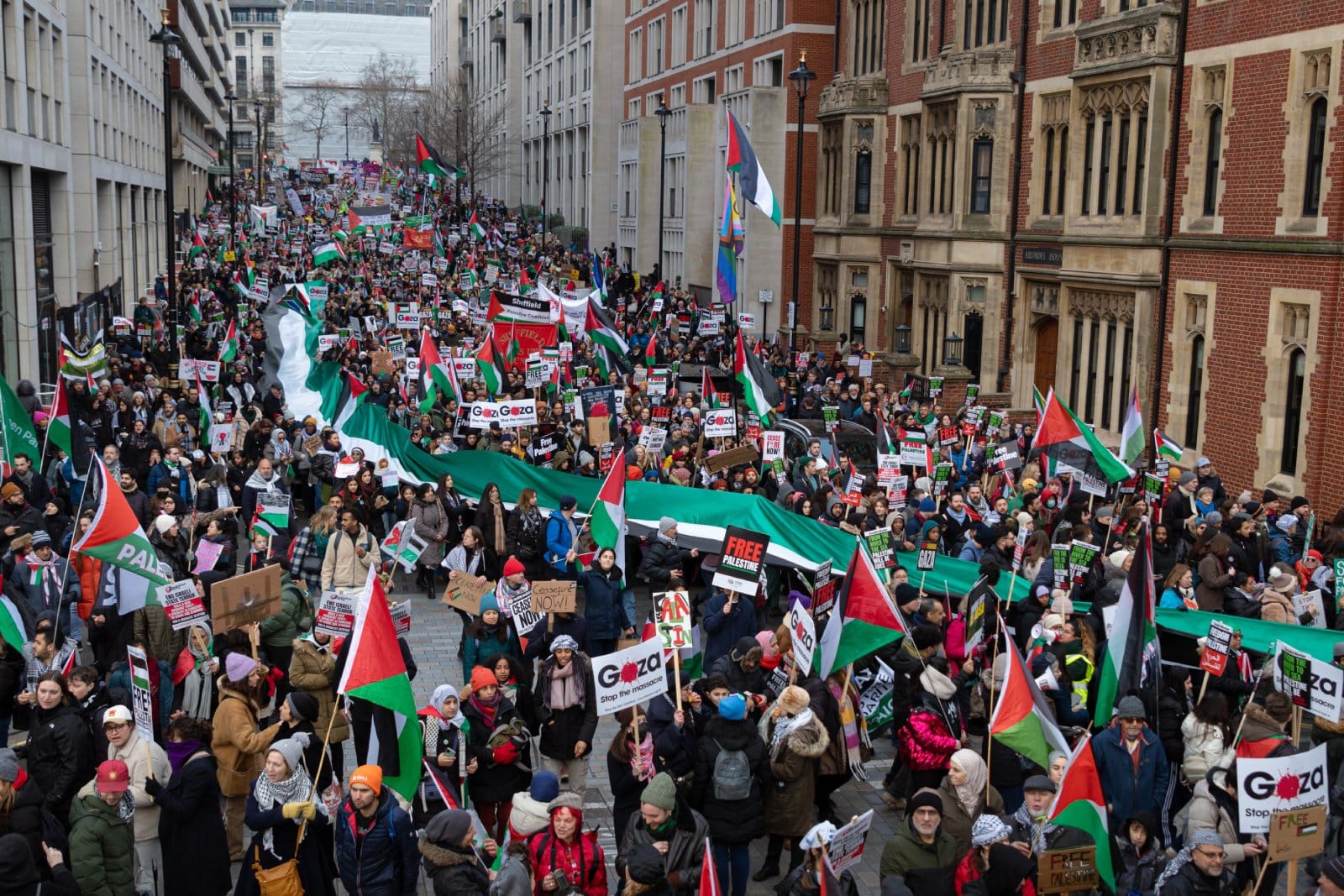
Various factors have contributed to the decline in membership, including the party’s stance on contentious issues such as the Gaza conflict and its reversal of its green investment pledge.
Policy Direction

Concerns over policy direction and ideological alignment have likely influenced the decision of some members to withdraw their support.
Internal Divisions

Labour’s perceived mishandling of the Gaza conflict and its subsequent fallout led to internal divisions and resignations.
Immediate Ceasefire

The party’s refusal to promptly call for a ceasefire prompted the departure of numerous councilors and eroded support in local councils such as Oxford, Burnley, Hastings, and Norwich.
Leadership Challenges

Additionally, dissent within the party ranks and front-bench resignations posed further challenges to leadership under Sir Keir Starmer.
“Difficult Decisions”

Jones suggests Labour’s willingness to make “difficult decisions” reflects a strategic pivot, indicating that the party is looking ahead to becoming the government.
“The Challenge Is Historic”

Jones stated, “We do have work to do to win the trust, respect and motivations across the country, not least because we performed so badly under Jeremy Corbyn in 2019, but the scale of the challenge is historic in size, and huge operationally for us to achieve.”
Landslide Victory
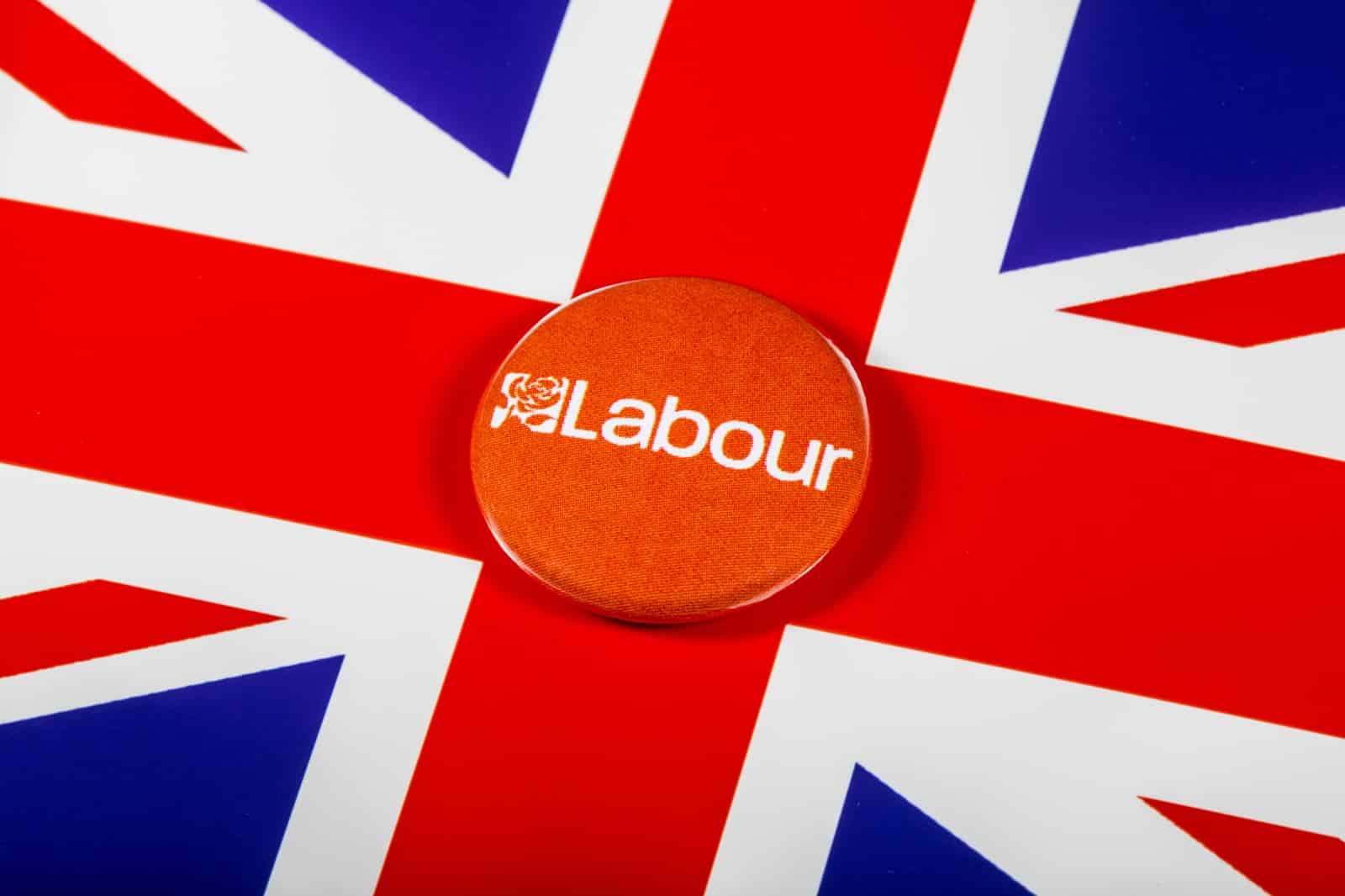
Despite internal turmoil, recent polls have shown promising prospects for Labour. A Survation poll suggested a potential landslide victory, with Labour projected to secure a majority of 268 seats, while the Conservatives face electoral wipeout.
Left Wing Losses
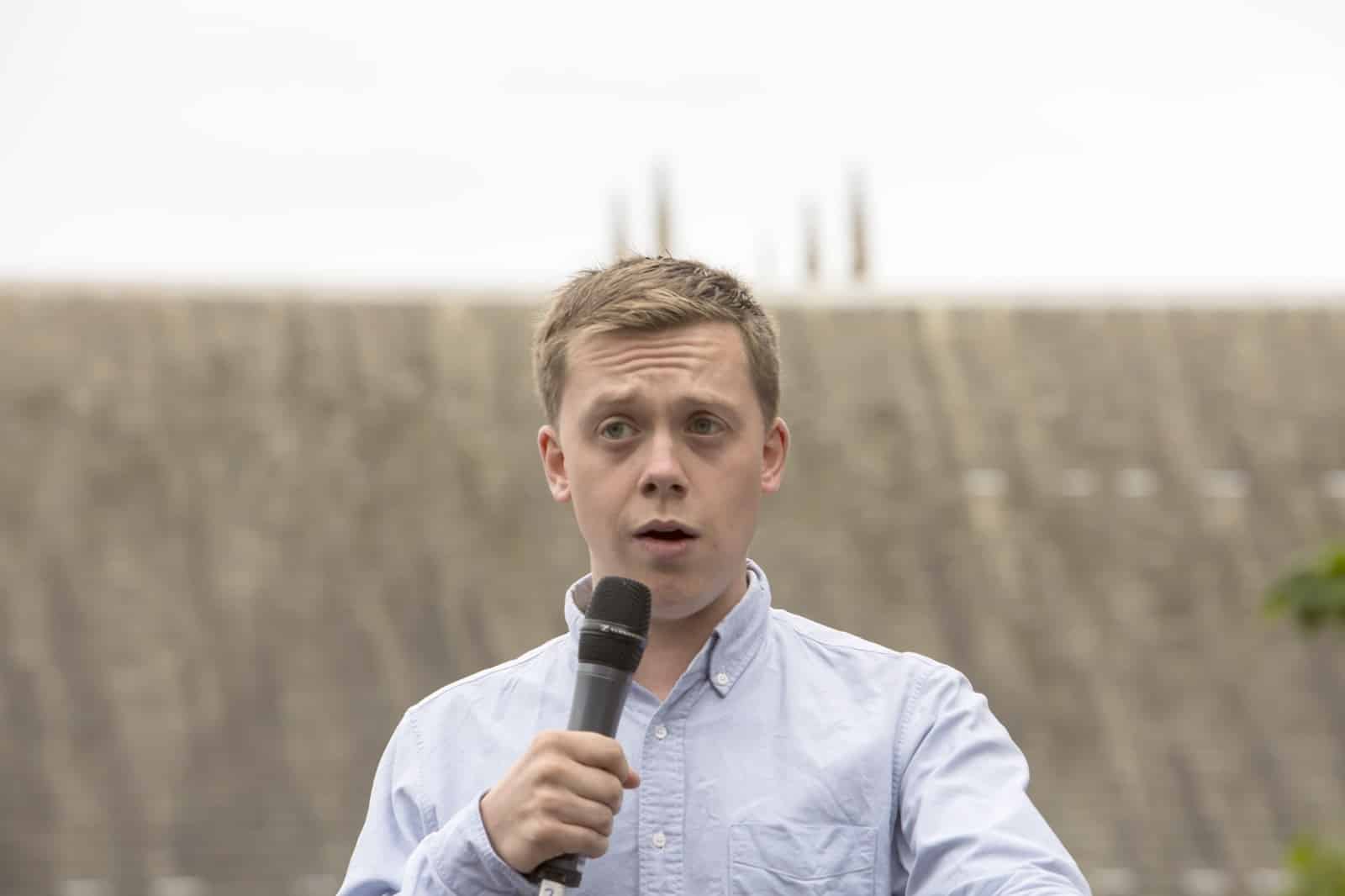
However, despite the promising poll lead, Labour has lost many of its traditionally more left-wing supporters. Guardian columnist Owen Jones recently announced he was leaving the party and encouraged others with his beliefs to follow suit and vote with their conscience, stressing the importance of the Green Party as the new left-wing alternative.
Overcorrection
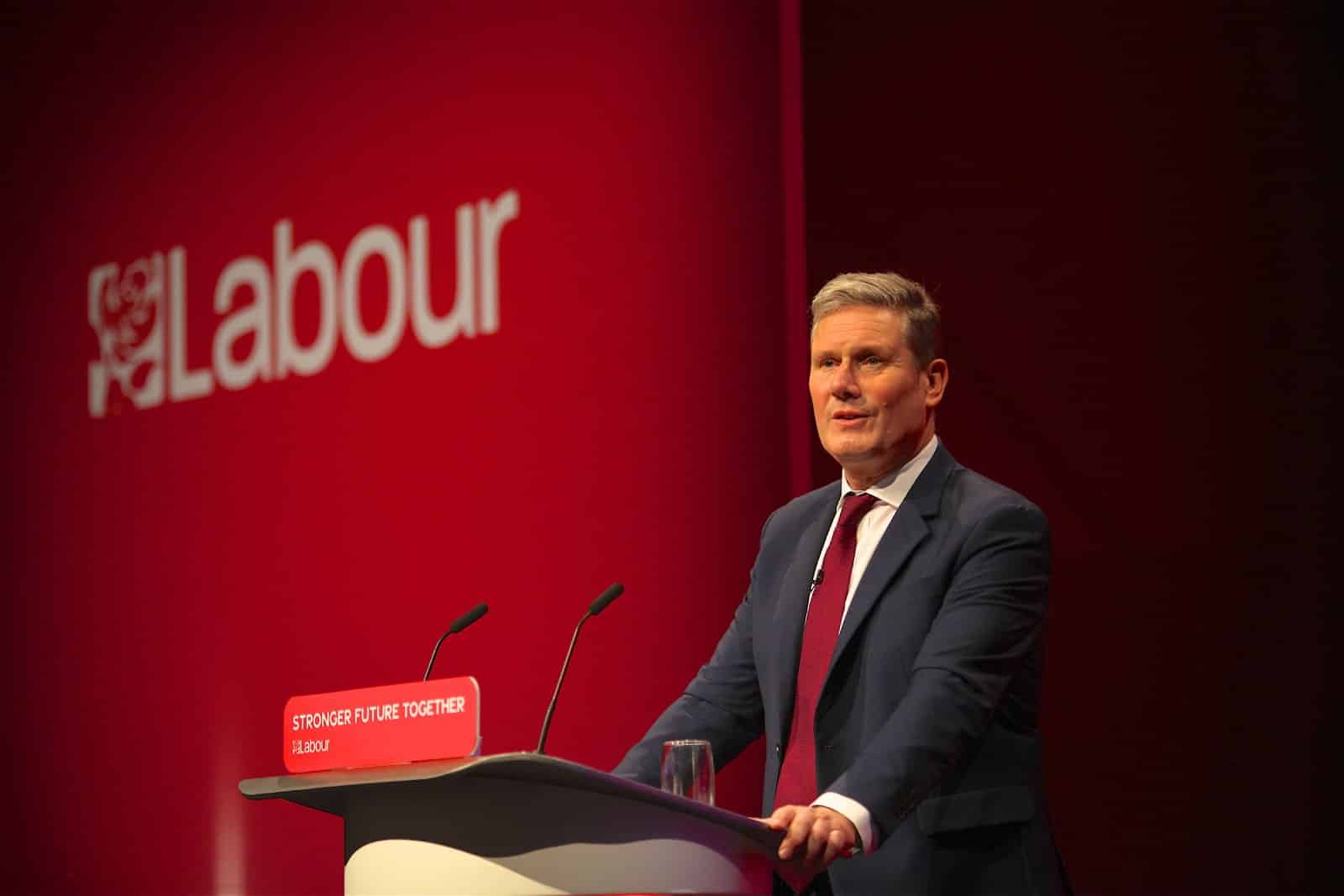
Many who joined under Corbyn have been further angered by what they see as Keir Starmer’s overcorrection following the Corbyn years, where accusations of antisemitism dogged the party for the duration of his leadership.
Watered Down or Erased
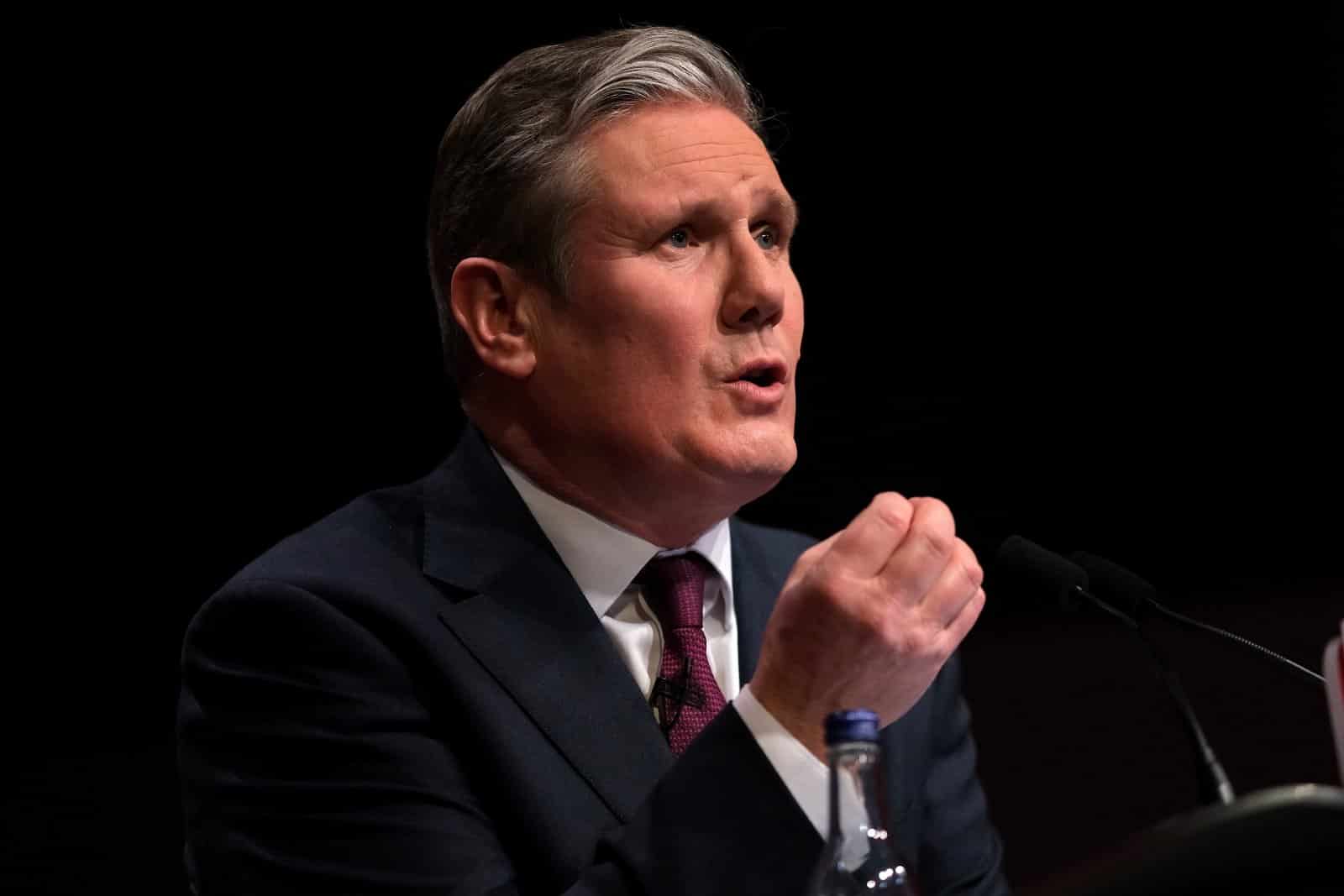
Starmer had initially stated that he would stick to several of Corbyn’s more traditionally left-wing policy proposals, but these have either been watered down or erased entirely over time.
Labour Emboldened
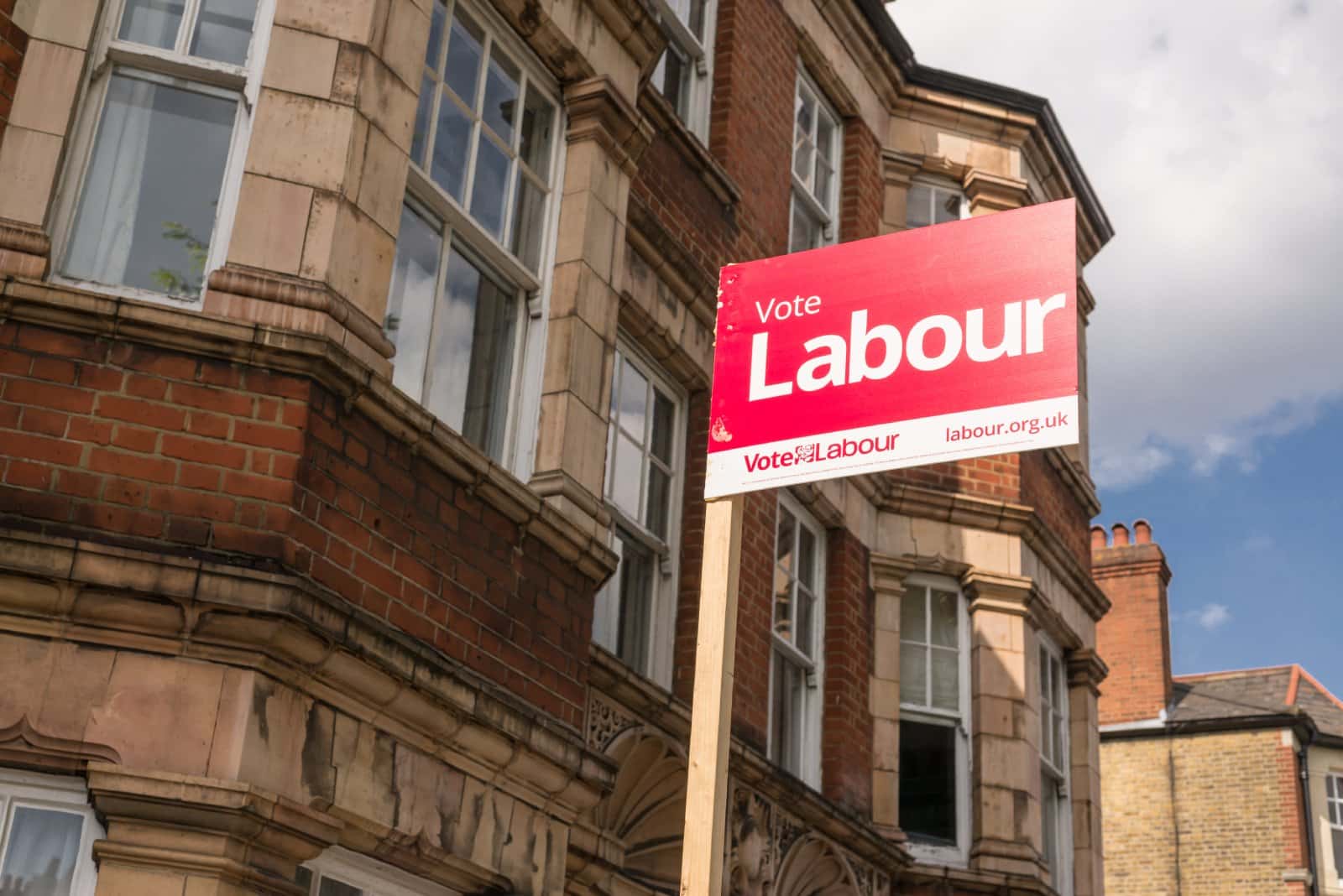
Despite the complaints, Labour seems emboldened by the consistent poll leads. Though there have been complaints from some within and outside the party, left-wing infighting is never a new phenomenon, and many within the Labour ranks seem to be enthused that they will finally have a chance to shape policy after so many years in the wilderness of opposition.
Dynamic Politics
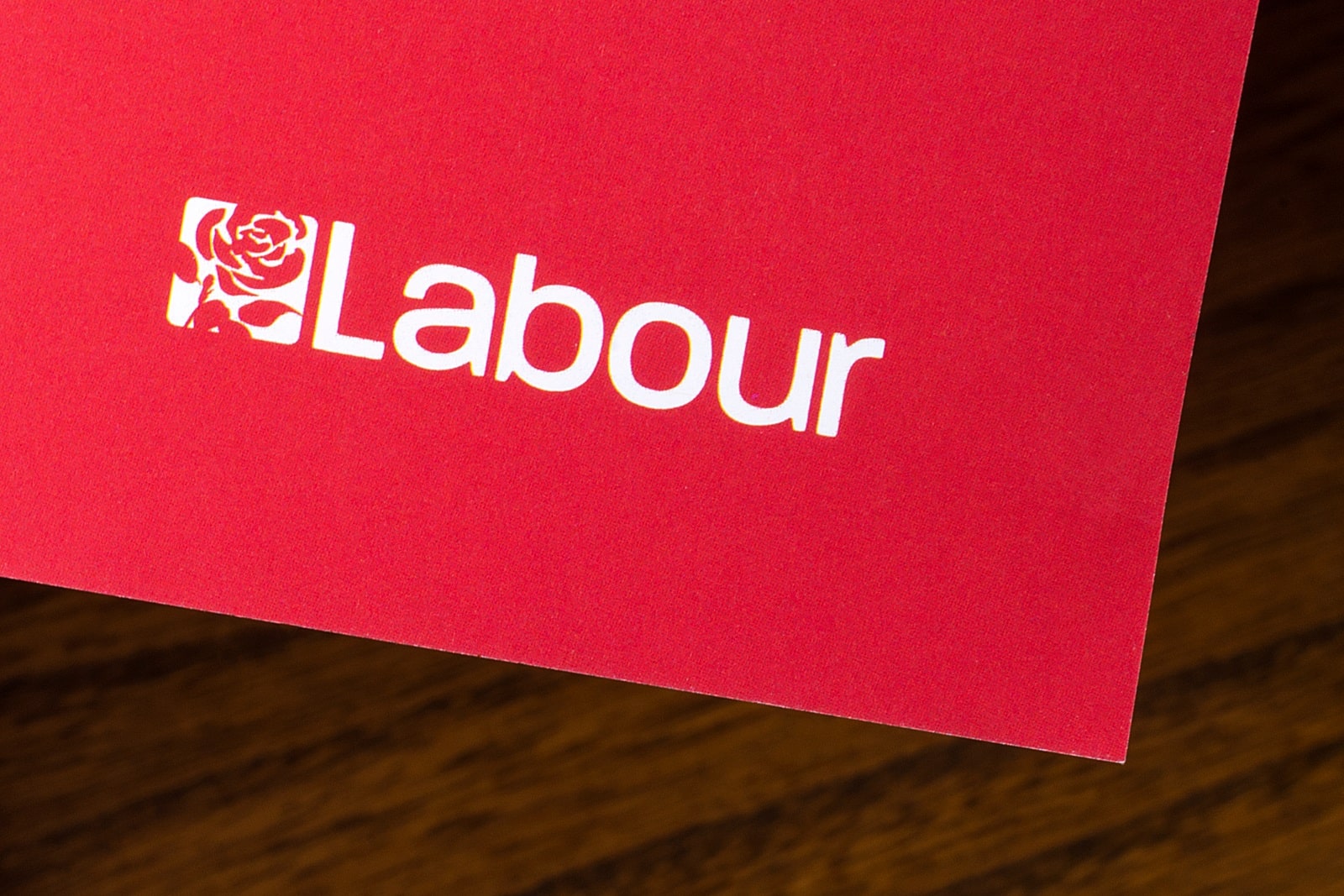
Labour’s evolution from a movement rooted in protest to a party primed for governance underscores the suddenly dynamic nature of British politics in recent years, with political fortunes being made or lost seemingly overnight.
Don’t Spook the Horses
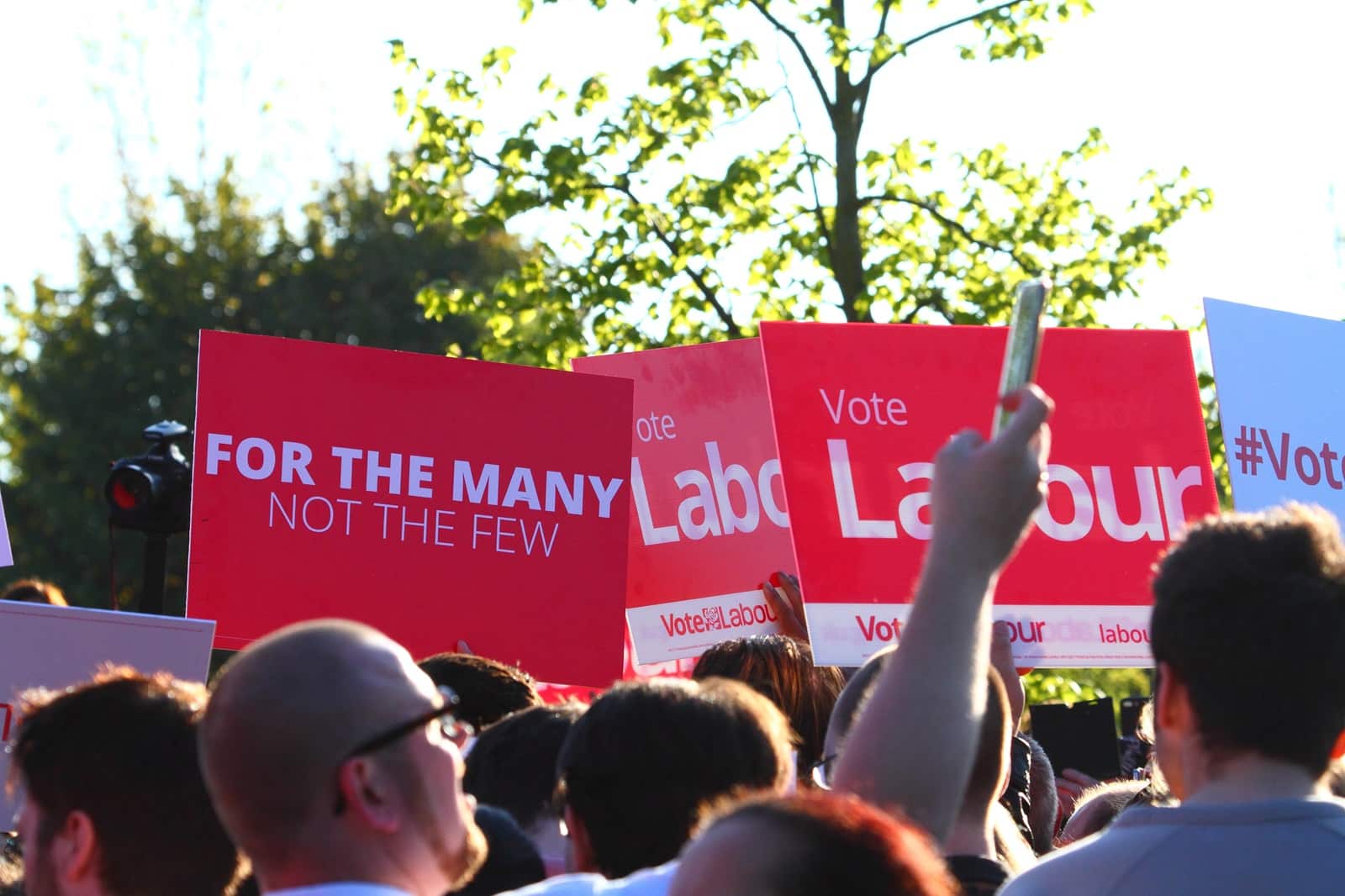
Perhaps it is because of this newfound dynamism that the Labour Party is being so careful not to spook the horses as the election draws closer.
Snatching Defeat From The Jaws Of Victory
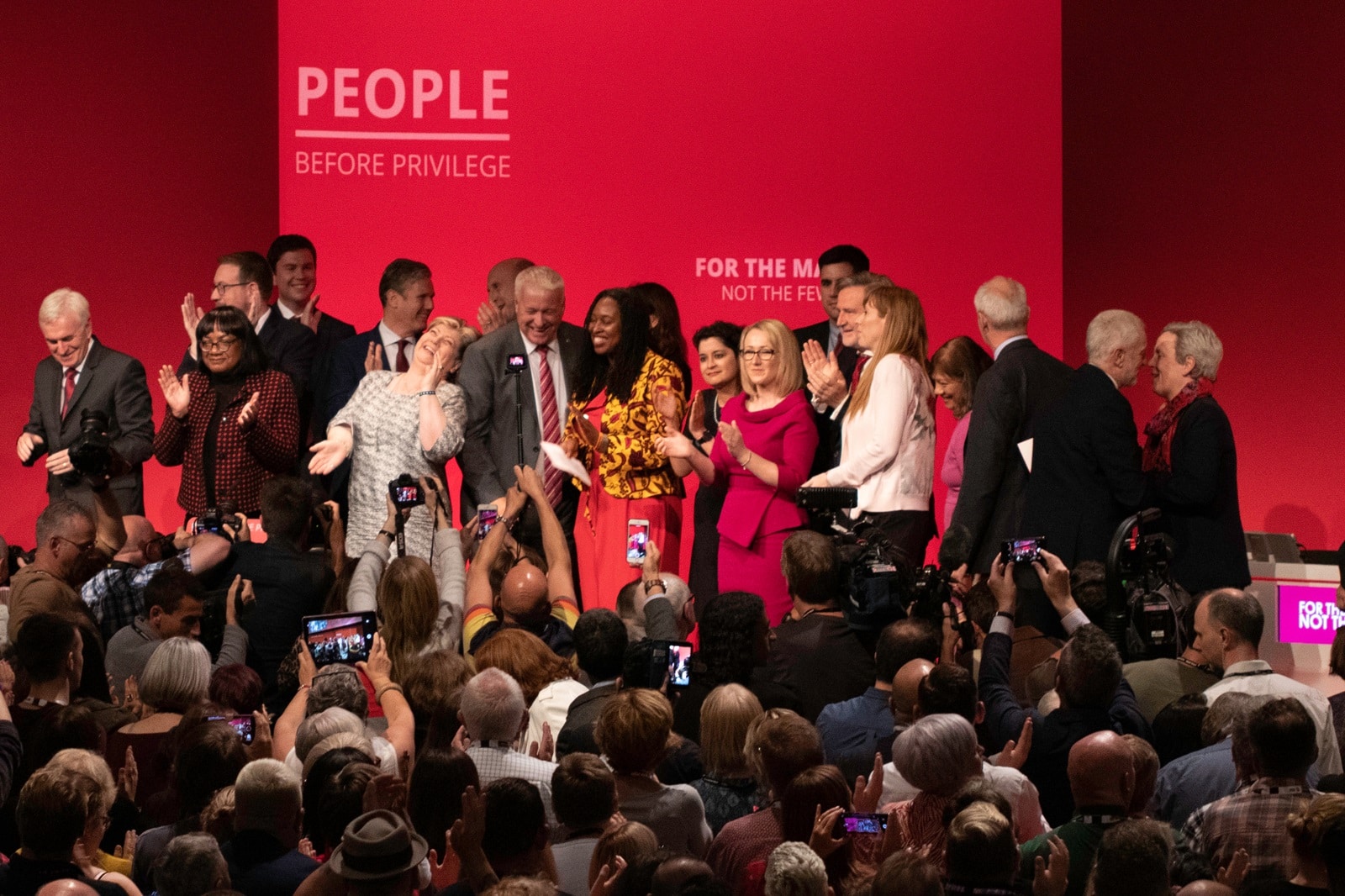
With victory on the horizon, the party is desperate not to snatch defeat from the jaws of victory, as has happened so often to Labour in the past.
More Articles Like This…
Broken Britain: 12 Reasons Behind the UK’s Decline
Say the Unsayable: 10 Occasions When Farage Spoke His Mind About Britain
The post From Protest to Power: Labour Attempts to Change Their Image to Be Taken Seriously By Voters first appeared on Edge Media.
Featured Image Credit: Shutterstock / Rupert Rivett.
Grant Gallacher is a seasoned writer with expertise in politics and impactful daily news. His work, deeply rooted in addressing issues that resonate with a wide audience, showcases an unwavering commitment to bringing forth the stories that matter. He is also known for satirical writing and stand up comedy.

